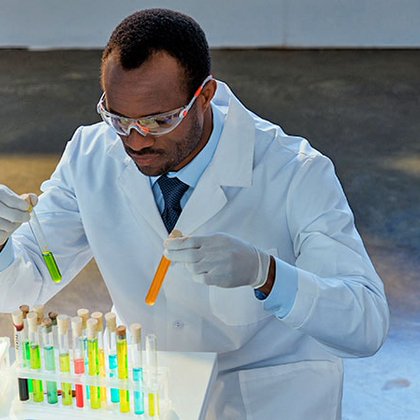
Joe Stujenske
@jmstujenske
Followers
272
Following
227
Media
0
Statuses
132
Assistant Professor in Psychiatry, University of Pittsburgh || MD, PhD systems neuroscientist and psychiatrist || https://t.co/3LVtcF48T3
New York, NY
Joined July 2015
📢 Recruiting as a new PI at the University of Pittsburgh! 🧠🔬. 🔍 Do you ever wonder how the brain regulates emotions? What circuits are involved and how do they integrate information from within and without? Join me in studying this and more.🌟.
5
52
113
RT @AnneEGeller: Funding from the @NIH contributed to the development of 354 out of 356 (99.4%) of the new drugs approved by the FDA betwee….
0
403
0
RT @brainaddiction: It's clear that many do not understand what @NIH-funded research does to improve health. It's time to revive a study pu….
0
424
0
RT @ELikhtik: The ruthless and baseless purge of NIH staff is continuing through the weekend. Please publicize as much as possible. https:/….
www-nbcwashington-com.cdn.ampproject.org
Scientists and medical researchers being let go by President Donald Trump’s administration walked out of the gates of the National Institutes of Health in Bethesda, Maryland, Friday afternoon...
0
2
0
RT @dr_alexharris: Physicians who go into research have to be dreamers. Only 1.5% of doctors work as scientists & they earn about 60% what….
medscape.com
A lack of funding, mentorship, and compensation for clinician-researchers could threaten America's standing as the world leader in biomedicine.
0
2
0
RT @jgschraiber: My time in industry convinced me of the importance of basic, government funded science research. It was crazy how much of….
0
132
0
RT @bita137: Many in biotech/private sector are boasting about their ways of funding and doing science . But they are staffed with PhDs and….
0
96
0
Research like this will not continue at this same pace if the attack on NIH funding continues.
Top 5 advances in medicine this week (🧵). 1. A vaccine to prevent recurrence of kidney cancer. This is a small trial – 9 patients – all of whom had stage 3 or 4 renal cell carcinoma removed by surgery (removal of the primary tumour, any positive lymph nodes, and any visible
0
0
0
RT @ELikhtik: New work out with Nesha Burghardt's group. During chronic social defeat stress, mice are fear conditioned to avoid the social….
0
8
0



